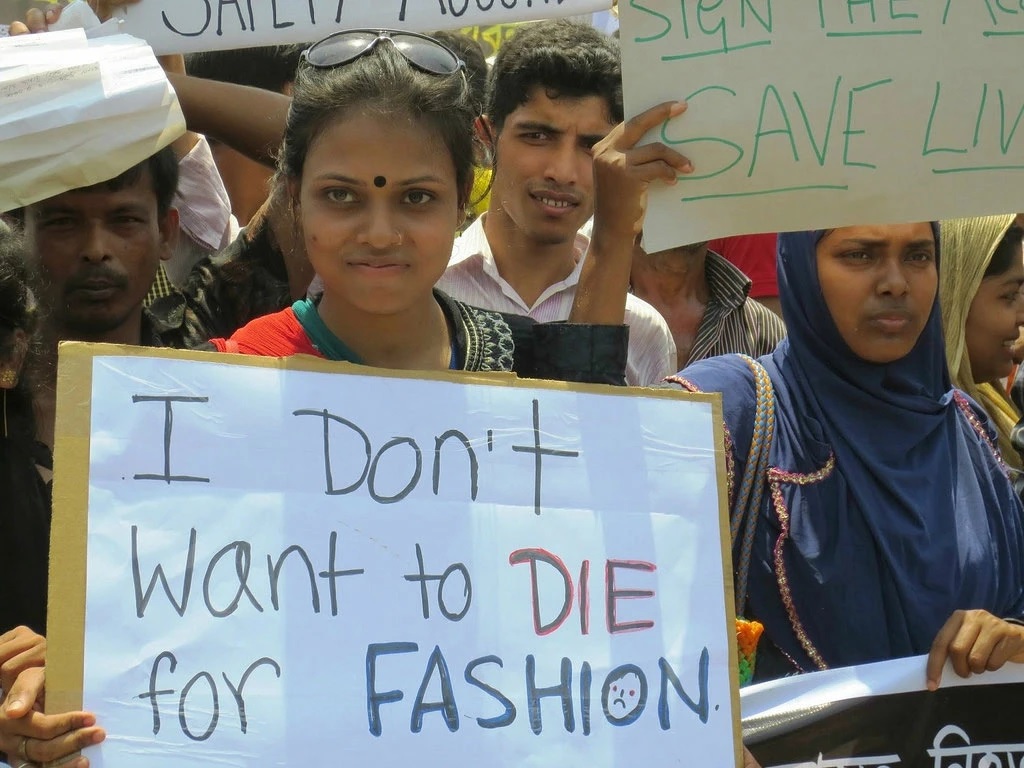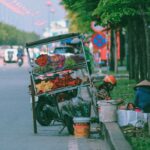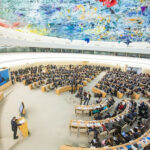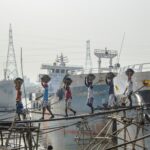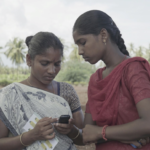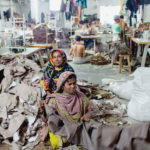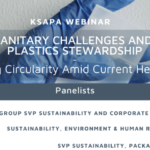For the past 10 years, companies have been exploring and applying the UN Guiding Principles on Business and Human Rights. Echoing multiple national regulatory initiatives in California, France, UK, the Netherlands, or Germany notably, the European Commission announced it would implement a directive on mandatory human rights due diligence by 2021. What has been the business feedback to date? How would a European directive enforce respect for Human Rights across supply chains beyond what is already in place? How might the Covid-19 pandemic impact its application?
A Ksapa Webinar Sharing Insights From Teams and Global Network of Affiliates
250+ participants registered to take part in one of our series of Ksapa webinars, and explore these sensitive questions. We welcomed Virginie Mahin (Global Social Sustainability and Human Rights Lead, Mondelēz International) and Jonathan Drimmer (Paul Hastings partner LLP and North American Advisor to the GBI initiative) to discuss key challenges and expectations. Webinar is accessible here.
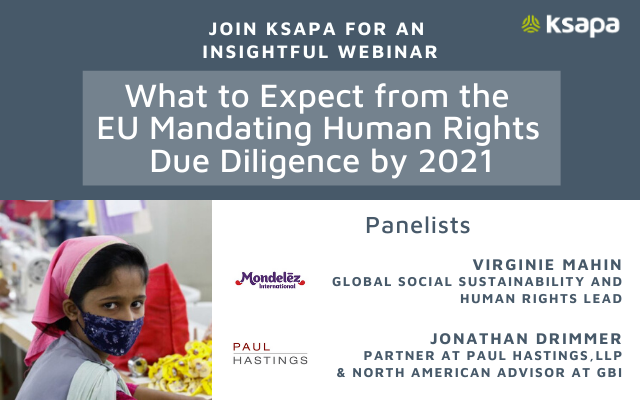
The Broad Sweep of History is on the Side of Human Rights Due Diligence Legislation
From a business perspective, formalizing a common Human Rights due diligence legislation comes with a number of benefits.
First, it levels the playing field – or at least ensures all businesses incur the same costs with regards to reinforcing their management systems and practices. To make essential projections, companies aspire to the legal certainty derived from such a harmonized legal approach at the European level. A mandatory Human Rights due diligence directive stands to reduce overall corporate liability, as opposed to having to set up a number of enforcement mechanisms to comply with a patchwork of domestic laws. The proposed legislation also cuts across sectors so that businesses would not have to set up specific processes to deal with a variety of typically interconnected challenges. The resulting unity is expected to help corporations gain the necessary traction and leverage to address systemic issues across their supply chains.
The directive would also support extended stakeholder engagement across the value chain, for all business to do their part and align with the United Nations’ Guiding Principles on Business and Human Rights. The onus is then on governments to streamline a smart policy mix, that taps not only into vigilance mechanisms but also available foreign aid and trade tools, to create a positive environment for business action.
In short, certainty, unity, predictability and leverage with suppliers – all rolled into one directive.
Contrasting European And American Perspectives On Human Rights Due Diligence
The impact of such a legislation would not appear to have hit the radar of American businesses, though its jurisdictional reach will certainly extend to trading in the European Union. In other words, even if US companies do not fall directly under the future directive, their suppliers and broader value chains will be bound to comply.
Vigilance operates on a more ad-hoc basis in the United States. A central concept, it translates into trade measures, the use of withhold and release orders and the US Tariff Act notably. For instance, a team from the US Customs and Border Protection visited agricultural regions in Côte d’Ivoire in 2019 to investigate forced or indentured child labor allegations and whether the US should block cocoa imports. The same US organization had initially banned WRP over concerns of Human Rights abuses across its disposable rubber gloves production in Malaysia. Faced with the outbreak of a global pandemic, the Withhold Release Order was revoked.
The United States may seize products on a reasonable suspicion of Human Rights violations, which for businesses comes at the price of major disruption in the supply chain. Indeed, the new Uyghur Human Rights Policy Act of 2020 allows the President to impose sanctions on people, businesses and other entities found to be involved in ethnic suppression. The law also encourages US businesses to conduct Human Rights due diligence targeting rogue surveillance and forced labor in China. The United States are more generally focusing on sanction issues under the Global Magnitsky Human Rights Accountability Act, under the Departments of Treasury and Commerce, sanctions against individuals and entities accused of Human Rights Violations. One the most commonly used litigation mechanisms in the US is the Trafficking Victims Prevention and Protection Reauthorization Act, which focused on companies that are aware – or should be – they benefit from human trafficking.
Given the eminently litigious culture of the United States, fear of litigation should not be allowed to convince companies to simply move to other countries with weaker governance systems.
Progress Breaks At The Interface: Human Rights And Climate Risks In The Covid-19 Era
Beyond the cross-cutting EU directive slated for 2021, Mondelēz has been among those most vocal in calling for complementary sectoral approaches. As a chocolate maker, it stands to reason the Group would see cocoa as a good starting point, with the EU is a major consumer of cocoa.
Business activism would appear to have reached a sounder understanding of Human Rights risks on the ground, thanks in part to stronger relations with local governments. More involvement from the European Commission would now be helpful in terms of streamlining corporate roles and contributions. Leveraging the policy tools at its disposal, it might bolster more collaboration with producing countries. Combined, such efforts would go a long way to address systemic supply chains challenges, for instance by tackling the root causes of child labor and deforestation.
Deforestation and Human Rights are inherently linked on the ground. Using the French Duty of Vigilance as a model would likely bolster the integration of the environmental ramifications of Human Rights due diligence. From an American viewpoint, however, concerns have crystallized around enforcement mechanisms based on salient risk assessments. The Directive could prioritize negatively impacted stakeholders to focus remediation measures. Ensuring environmental issues are indeed covered would then be a tough ask, given causation is harder to prove. Alternatively, targeting processes and reporting could also give rise to potential enforcement activities, to see to it that companies develop adequate disclosures and due-diligence.
Regardless of what will prevail in 2021, debating legislative options points to the importance of stakeholder dialog. Not only does a meaningful engagement strategy help firms identify risks, it also allows them to design mitigation measures and track progress on the ground. Progress is underway, as likeminded efforts are on the table in France, the Netherlands, Norway, Austria, Denmark and Switzerland or the United Kingdom. Meanwhile, investors and Boards of Directors are examining their fiduciary responsibility to address the environmental ramifications of Human Rights due diligence, particularly with regards to climate. A global alignment may nevertheless be a tall order.
Conclusion: Projected Impacts Of The Covid-19 Global Pandemic
As businesses seek to adapt remediation solutions to the current global pandemic, they must among others consider their grievance mechanisms. To react at the necessary pace and scale, collaboration is also key for industry and investors to best adapt to local contexts. As the global community examines the conditions of a recovery plan, businesses are evaluating the adverse impacts of the pandemic among vulnerable communities and suppliers, particularly regards to children and migrant workers now even more at risk.
Given these challenges, we at Ksapa would contend cutting corners on Human Rights is only conducive to socially explosive environments. Now is certainly not the time to lower expectations and relax corporate action. More, not less, vigilance is needed in the EU and beyond, to lend societies a fighting chance to recover.
***
Ksapa is a strategic global platform of reference advancing human rights across business and investment decisions. Joining our conversation on such sensitive and complex subjects as Human Rights due diligence and enforcement mechanisms were 250+ practitioners from leading corporate and investment organizations the likes of Allianz, Airbus, Alstom, Axa, BNP Paribas, Bosch, Bouygues, BP, Bridgestone, Canon, Cap Gemini Invent, Carlsberg, Chevron, Cisco, Danone, Dassault Systems, De Beers, DHL, Diageo, DSM, EDF, Engie, Essilor, Estée Lauder, Firmenich, Franklin Templeton, Gartner, Google, H&M, Johnson & Johnson, Kering, L’Oréal, Marriott International, Mars, Michelin, Microsoft, Mondelēz International, Moody’s Corporation, Morgan Stanley, Nokia, Novartis, Novo-Nordisk, Pernod-Ricard, Philip Morris, Pirelli, PVH, Rexel, Richemont, Sanofi, SAP, Schneider Electric, Sephora, Shell, Solvay, The Walt Disney Company, Total, UPS, Vinci, Volvo and Walmart. They were joined by consultants, academia, rating agencies, bilateral and multilateral agencies, and non-profits including the Consumer Goods Forum, the European Investment Bank, the Global Compact, the IFC, the Inter-American Development Bank, the International Integrated Reporting Council, the UN Principles on Responsible Investment, the UN Working Group on Business and Human Rights, the UNEP, the WBCSD, the World Bank, the CDP, EcoVadis, ERM, HEC, the Huffington Post, Human Right Watch, Novethic, Oxford Policy Management, Standard & Poor, Vigeo-Eiris and the World Wildlife Fund.
As a sustainability and corporate responsibility consultant, Margaux joined Ksapa with international experience in public, private and non-profit organizations. She had previously worked for the Deloitte and Quantis sustainability consultancies, lobbied for environmental research on behalf of the INRA and contributed to Total’s extra-financial reporting.
A Franco-American citizen, Margaux holds sustainability certifications from the IEMA and Centrale-Supélec on top of a Masters degree in History, Communications, Business and Internal Affairs.
She is fluent in French, English and Spanish.

